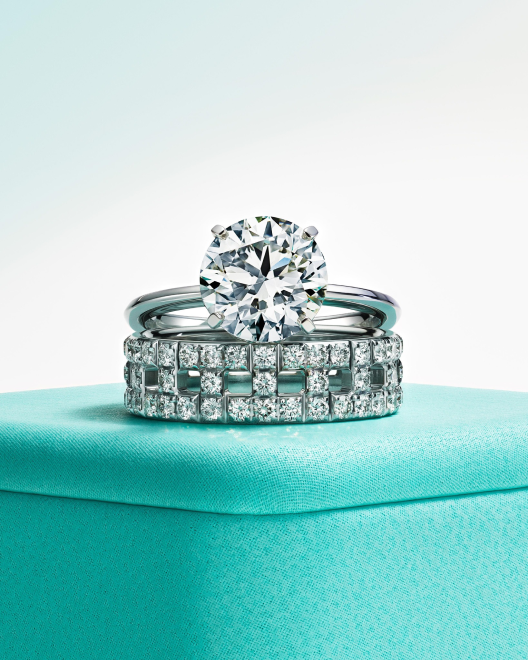Batteries
Empty quartz watch batteries should be changed immediately in order to avoid leakages of the battery that can damage the movement to the point of irreparability.
Bracelets, Casings & Leather Straps
Avoid impacts and shocks to the watch. Avoid extreme temperature variations. Water resistance should be checked after any severe shock.
Avoid direct contact with detergents, solvents, fragrances and cosmetics, as they may damage the leather strap, the bracelet or the casing. Diligence in this regard will prevent premature aging of the material as well as discoloration.
For leather straps, avoid contact with water and constant moisture to prevent the deformation (and certain discoloration) of the leather. To prevent fading, keep them out of prolonged direct sunlight.
Date-setting Mechanisms
Never adjust the date between nine o’clock (21:00) in the evening and three o’clock (03:00) in the morning, as this may cause damage to the date-setting mechanism.
Extreme Temperatures
Avoid exposure to sudden changes in temperature (e.g., exposure to heat followed by immersion in cold water) or to extreme temperatures (e.g., above 60° C/140° F or below 0° C/32° F).
Magnetic Fields
Most mechanical watches will be adversely affected by exposure to magnetic fields. If you own a mechanical (i.e., automatic movement) watch that you do not wear regularly, wind it at least once per month. This will slow the aging process of the oils and any lubricated components.
Preventing Scratches
When wearing your watch avoid wearing jewellery on the same wrist. Keep watches well apart from each other to prevent them from getting scratched or scraped.
Service & Repairs
During normal use, a watch is subjected to many environmental stressors, such as vibrations, impacts, dust, water, UV radiation, perspiration or temperature fluctuations. We should not omit to mention the mechanical strain placed on a movement designed to keep the time with absolute precision for every single day for years. We recommend that all watches have a regular maintenance check approximately every two (2) years and a full service approximately every five (5) years.
Water Resistance
In watches, water resistance cannot be constantly guaranteed. Among other factors, it may be affected by the aging of the gaskets and/or accidental shocks. Water resistance should be tested at least every two (2) years at a Tiffany & Co. store or authorised service center. If the watch was subjected to a severe shock, we recommend having its resistance tested. Saunas, showers and baths should be absolutely avoided as hot water may damage the water-resistance seals.
Always rinse the watch in fresh water after use in salt water or a swimming pool. When immersed in water, the push pieces for the chronograph function of the watch should never be used.


